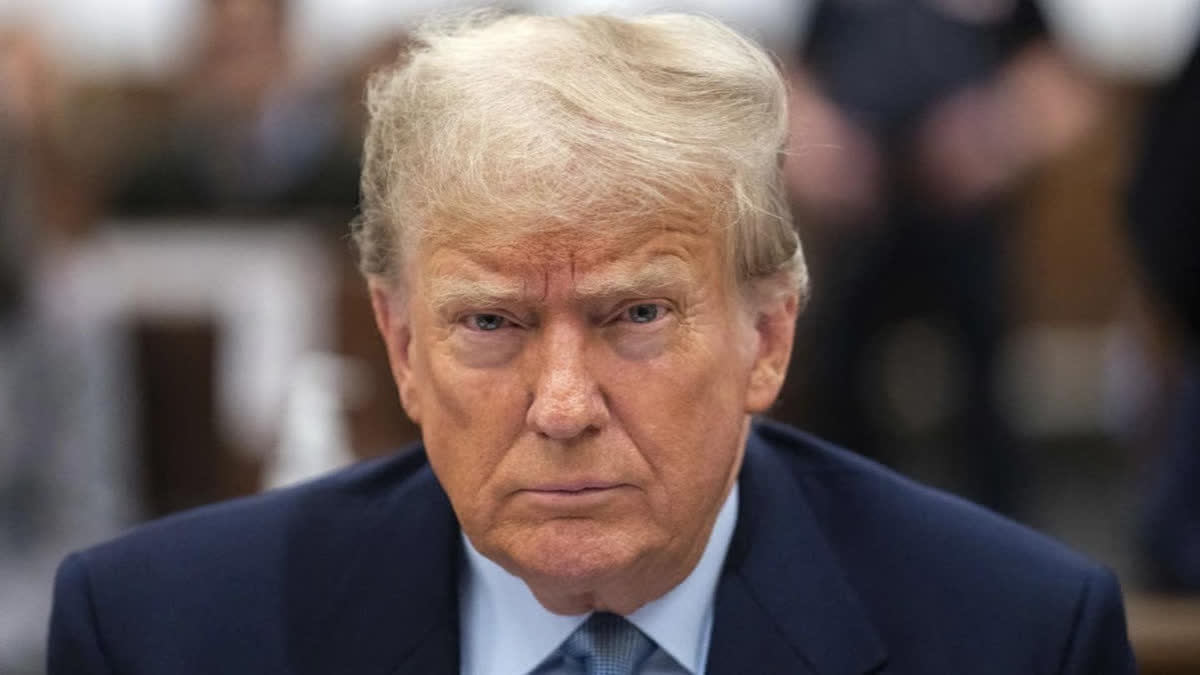Maine (US): Maine's top election official has removed former President Donald Trump from the state's 2024 ballot, citing the 14th Amendment's insurrectionist ban, CNN reported.This decision follows a similar move by the Colorado Supreme Court earlier this month, making Maine the second state to disqualify Trump from running for office.
A bipartisan group of former state lawmakers initiated the challenge against Trump, leading to an administrative hearing earlier this month on his eligibility for office. Maine Secretary of State, Shenna Bellows, a Democrat, issued the decision on Thursday, acknowledging the unprecedented nature of such an action against a presidential candidate. "I do not reach this conclusion lightly", Bellows wrote. "Democracy is sacred ... I am mindful that no Secretary of State has ever deprived a presidential candidate of ballot access based on Section Three of the Fourteenth Amendment. I am also mindful, however, that no presidential candidate has ever before engaged in insurrection.
The decision by Bellows can be appealed in state court, and it is anticipated that Trump's legal team will contest this outcome. The issue is expected to escalate to the US Supreme Court, where many legal experts believe it will ultimately be settled for the entire country, according to CNN.
Trump, who denies any wrongdoing in connection with the events of January 6, 2021, and dismisses the legal challenges as meritless, faces a growing wave of opposition from critics seeking to enforce the constitutional provision designed to protect against anti-democratic insurrectionists.The Maine decision follows the momentum gained by Trump's opponents after the Colorado ruling.
While other states, such as Michigan and Minnesota, rejected similar efforts before Colorado, the consecutive decisions in Colorado and Maine mark a significant victory for those pushing for accountability, as reported by CNN. Ratified after the Civil War, the 14th Amendment stipulates that American officials who engage in insurrection cannot hold future office. However, the provision lacks clarity on how the ban should be enforced, leaving room for legal interpretation and debate, CNN reported.
Read More



